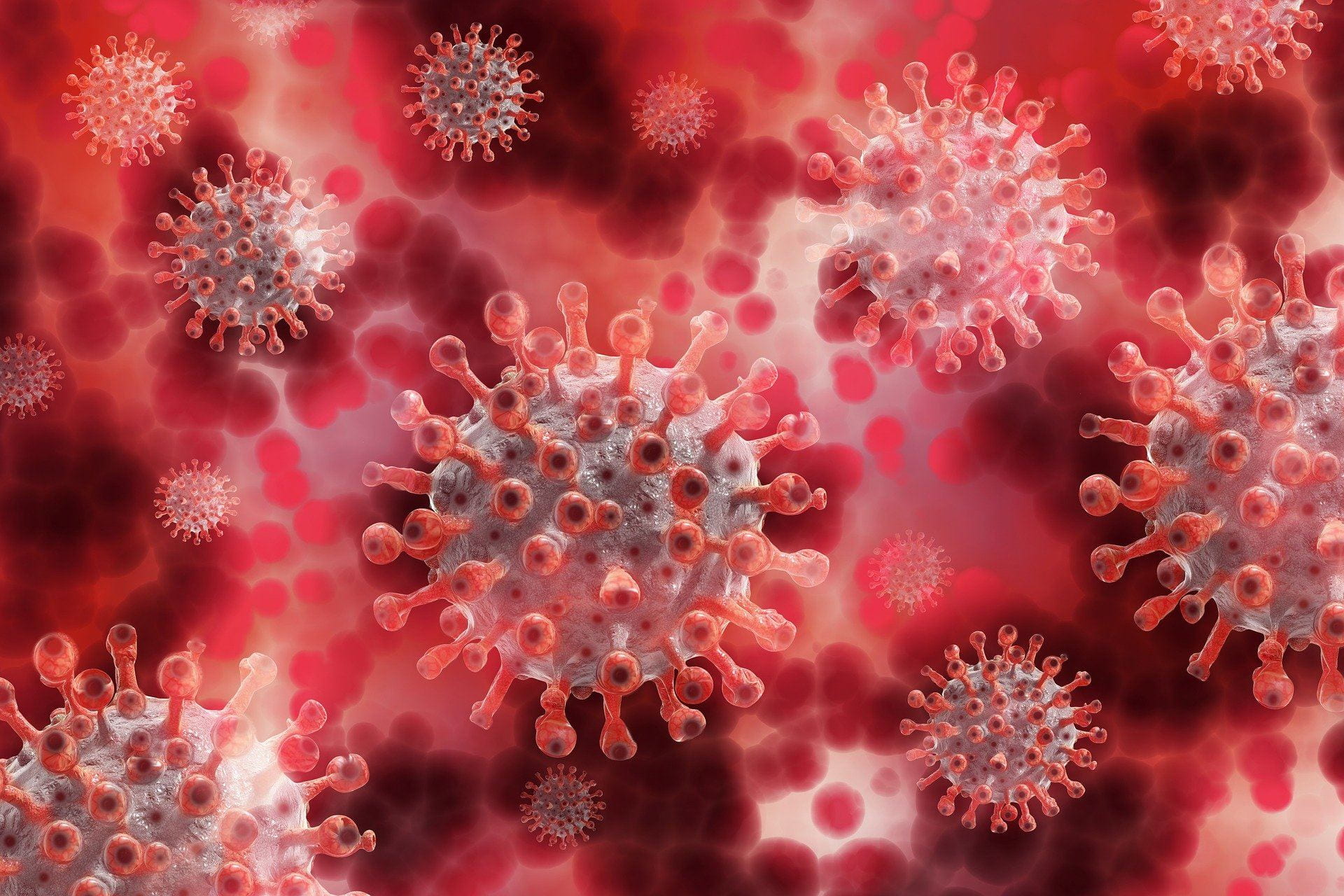With a Covid19 vaccine program ahead of schedule and falling ICU figures, I am sure many of us were hopeful that the worst of the pandemic had passed. But should our optimism be crushed by recent headlines focusing on the emergence of the Indian variant within the UK’s current Covid19 ‘hotspots’?
As new variants of SARS-CoV2 continue to arise across the UK and beyond, they are risk assessed based on sequence, epidemiological and clinical data and, if deemed appropriate, classified as a variant of concern (VOC). As was the case in April this year when the Indian variant (B.1.617.2, WHO label delta) was assigned this designation. Other notable VOCs include the UK variant (B.1.1.7, WHO label alpha), Brazil variant (P.1, WHO label gamma) and the South African variant (B.1.351, WHO label beta). Generally, these VOCs carry mutations within their spike protein gene, the protein used by the virus to attach and infect cells. Mutations in this gene can lead to increased transmissibility of the virus, such as the D614G mutation, common to all the above VOCs. The Indian variant includes additional mutations, one being P681R which has also been associated with increased transmissibility. Indeed, early data and modelling would indicate that the Indian variant is more transmissible than the UK variant. This week the Indian variant accounted for 38% of all new infections in the UK, up from 23% the previous week. Whilst the UK variant accounted for 59% of infections this week, down from 75% the previous week, making the Indian variant on track to become the more dominant strain circulating in the UK.
In addition to increased transmissibility, mutations within a certain section of this gene, called the receptor binding domain (RBD) are particularly worrying. This is because a large proportion of our antibody response, either through natural infection or vaccination, targets the RBD region of the spike protein. Antibodies targeting this region are able to prevent the virus infecting cells and are termed ‘neutralizing antibodies’. The UK, Brazil and South African variants all carry a mutation in these region named E484K.
The mutation E484K is concerning as studies have shown it decreases the ability of antibodies targeting the RBD to neutralise the virus. Interestingly, the Indian variant most prevalent in the UK at the moment (B.1.617.2) does not carry this mutation but other Indian variants circulating in the UK at lower numbers do carry a similar mutation at the same position (E484Q).
Whilst B.1.617.2 doesn’t carry the E484K mutation, it does carry other mutations within the RBD section of the spike protein (L452R and T478K). Understandably, there are concerns this could lead to escape from vaccine induced immunity. However, a study recently published by Public Health England found that whilst one dose of either the Pfizer or AstraZeneca vaccine is less effective against the Indian variant compared to the UK variant, there was only marginal difference between the 2 variants in individuals who have received 2 doses of the vaccine. Thankfully, this variant has arisen in the UK at a time when the majority in the most vulnerable age groups have received a second dose of vaccine.
Although this is cause to be hopeful, the emergence of the Indian variant, like all new Covid19 variants, should be treated with caution. Particularly as it is still too early to be sure the Indian variant won’t result in an increased rate of hospitalisations.
Sadly, the emergence of new variants is a reality we cannot escape and one vaccine manufacturers are vigilant of. One advantage of the underlying technology of two of the currently approved vaccines (those manufactured by Pfizer-BioNTech and Moderna) is that they utilise mRNA, which can be easily altered to take into account emerging escape mutants. That said, the process of changing the vaccine, seeking approval from regulators and manufacturing the newly developed vaccine will likely take several months, even for mRNA based vaccines. There is also some debate as to the level of data regulators will require from manufacturers before approving an adapted vaccine. However, there has at least been some precedent set for this by influenza vaccine approvals, as the influenza vaccine must be changed annually to account for the changes to the circulating flu strains and approval is granted without the need for a full clinical trial of the newly adapted vaccine.
So, whilst the Indian variant is the current variant of most concern, it is not expected to be the last, and it is probable that the ever evolving SARS-CoV2 will be followed in hot pursuit by frequently modified vaccine formulas.
To find out more about the SHIP team, head on to the GCU website, read the rest of our blogs and follow us on Twitter @SHIPGCU

